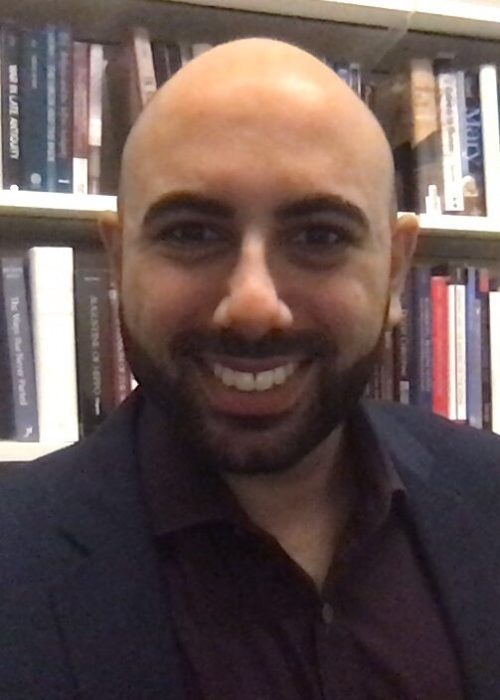This course provides an introduction to the history of Christianity. It traces, specifically, the development of the Christian movement from its beginnings as a small Jewish sect in Jerusalem to its unlikely emergence as the religion of the Roman Empire and, finally, its subsequent spread and development in Europe, Asia, and Africa. In form and structure, the course is historical, following figures and events in a more or less chronological sequence and taking up questions of causality, influence, and social identity. Yet the course is also concerned with the ideas, concepts, and philosophical viewpoints that have shaped Christianity and given it a certain intellectual coherence over time. The course begins with first-century construals of messianic identity and also with the figure of Jesus, as he was portrayed in the New Testament gospels. It then follows the first generations of the Christian movement, considering it within the context of first-century Judaism and the early Roman empire. Topics include persecution, martyrdom, and the important contributions of Origen. The middle section of the course looks at the second, third, and fourth centuries through three lenses, as it were: the office of bishop, the rise of monasticism, and the realities of empire. Bishops, monks, and emperors all shaped Christianity in essential ways, creating a rich and complicated spiritual, moral, theological, intellectual, and geo-political legacy for generations to come. The final third of the course looks at the development of Christianity beyond the fourth century in geographical groupings including churches in Africa, Asia, the Middle East, western Europe, Byzantium, and the Slavic lands. It is hoped, in all of this, that students will gain an understanding not only of Christian history but also of what made – and what makes – Christianity a distinctive and influential religion.
Instructor:
